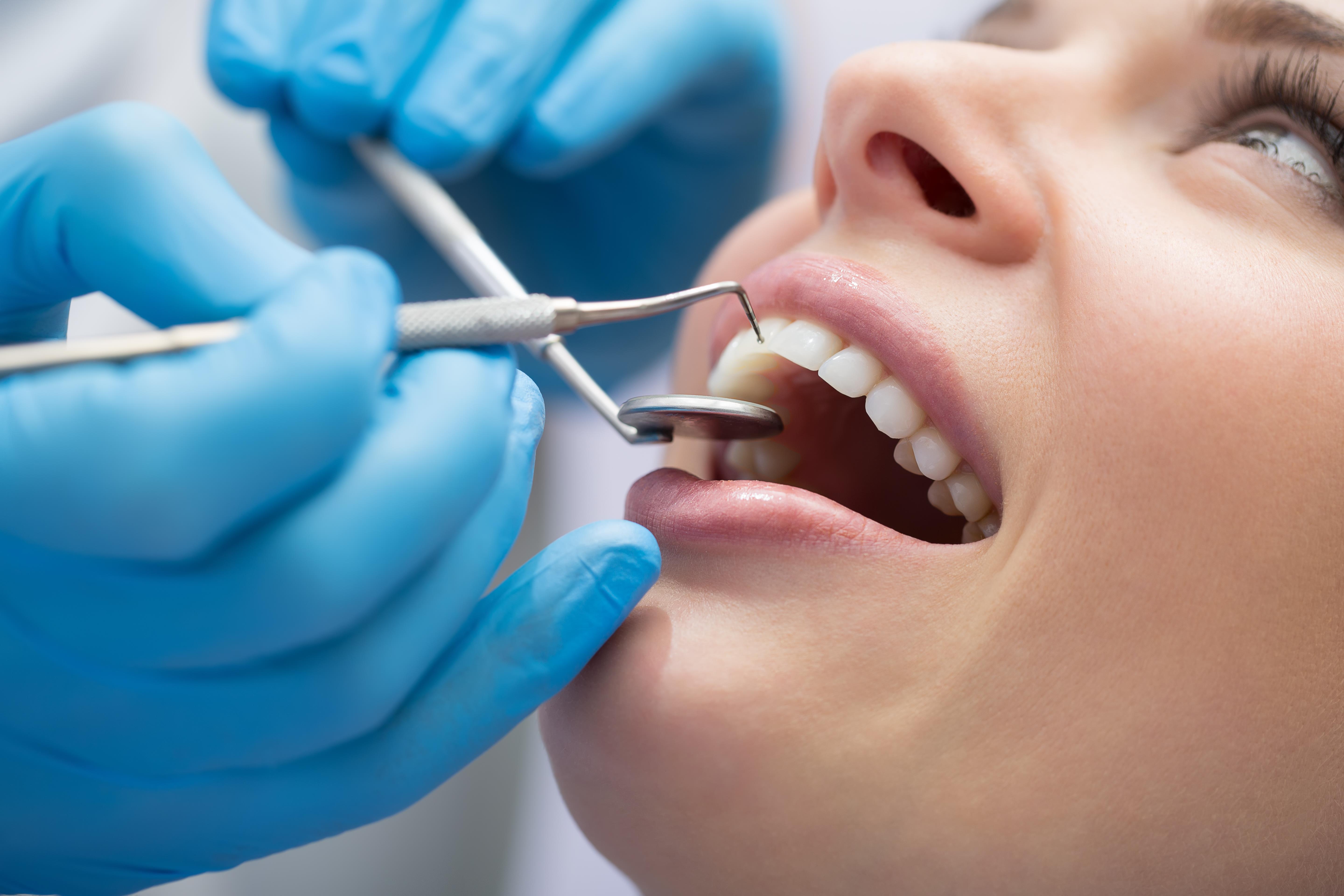Meet Your Pleasant Community Dentist Eugene OR and Their Solutions
Meet Your Pleasant Community Dentist Eugene OR and Their Solutions
Blog Article
Discover Frequent Dental Worries Your Dental Expert Can Fix
Recognizing regular dental problems is critical for maintaining optimum oral wellness. Concerns such as cavities, gum condition, tooth level of sensitivity, halitosis, and dental cavity are usual yet often overlooked till they come to be severe. Dental experts have the proficiency to diagnose and treat these problems, therefore protecting against more difficulties. Regular oral sees and customized treatment plans can deal with these troubles efficiently, guaranteeing a healthier and brighter smile. What details therapies do dental practitioners employ to battle these problems, and how can early intervention make a difference? The solution to these inquiries supply valuable understandings right into securing your oral wellness.
Tooth Cavities
Dental caries, also known as oral caries, are a widespread oral health concern triggered by the demineralization of tooth enamel because of acid production from bacterial plaque. This procedure begins when bacteria in the mouth metabolize sugars and starches from food, producing acids that erode the enamel. Otherwise dealt with promptly, this disintegration can permeate much deeper into the tooth, influencing the dentin and ultimately the pulp, possibly leading to serious discomfort and infection.
The very early stages of cavity development frequently present as white areas on the tooth surface, indicating preliminary demineralization. As the procedure progresses, these areas can turn into brownish or black lesions, representing a lot more considerable decay. Regular oral check-ups are vital for early discovery, as dental caries in their inceptive stages can be treated with remineralization methods, such as fluoride therapies.
Once a cavity has actually created, corrective treatment is necessary. Dental professionals usually eliminate the corroded part of the tooth and load the cavity with materials such as composite material, amalgam, or ceramic. In much more extreme cases, a crown or root canal therapy may be called for. Safety nets, including good dental hygiene practices and dietary adjustments, play an essential role in alleviating the danger of dental caries.
Gum Tissue Condition
While tooth cavities stand for a considerable concern for dental wellness, one more vital problem that demands focus is gum condition. Understood as periodontal disease, gum tissue disease is an inflammatory problem affecting the cells bordering and supporting the teeth. It is mainly triggered by the build-up of plaque-- a sticky film of microorganisms that bases on teeth.
Gum disease advances with phases, starting with gingivitis, characterized by inflammation, swelling, and bleeding gums (dentist eugene or). If left unattended, gingivitis can intensify to periodontitis, where the internal layer of the gum tissue and bone retreat from the teeth, developing pockets that become contaminated. Gradually, the contaminants produced by the germs break down the bone and connective tissue that hold teeth in position, possibly leading to tooth loss
Early discovery and therapy are important. Professional dental cleansings and enhanced dental health techniques, such as brushing twice day-to-day and flossing, can manage gingivitis. For more advanced phases, treatments might include scaling and root planing, antibiotics, or also surgical interventions.
Routine dental exams play a critical role in stopping and managing gum tissue condition. Dental professionals can identify early indications and suggest proper treatments, ensuring the maintenance of healthy gum tissues and overall oral health.
Tooth Level Of Sensitivity
Tooth level of sensitivity influences millions of individuals worldwide, presenting a common yet often distressing dental issue. This condition arises when the enamel, the outer safety layer of the teeth, is compromised, disclosing the underlying dentin. The dentin has microscopic tubules that lead directly to the dental pulp, sites where nerves live. When subjected to stimuli such as warm, cold, sweet, or acidic compounds, these nerves are set off, creating sharp discomfort or discomfort.
A number of variables add to enamel disintegration and subsequent tooth sensitivity, consisting of hostile cleaning, acidic foods and beverages, gum tissue recession, and bruxism (teeth grinding) Additionally, oral procedures such as teeth bleaching can momentarily enhance sensitivity.
Negative Breath
An additional common dental worry that affects people' daily lives is negative breath, clinically labelled bad breath. Bad breath usually stems from bad dental hygiene, which allows food particles to continue to be in the mouth, fostering bacterial growth.

Referrals might entail boosting dental hygiene practices, such as normal cleaning and flossing, making use of anti-bacterial mouth washes, remaining hydrated, and addressing any kind of oral concerns. Effective administration of halitosis not only boosts oral wellness but also considerably boosts high quality of life.
Tooth Decay

Stopping tooth decay includes a mix of great oral hygiene methods sites and regular oral exams. Brushing teeth at the very least twice daily with fluoride tooth paste, flossing to eliminate plaque between teeth, and restricting the intake of sugary foods and drinks are vital safety nets. Fluoride treatments, dental sealers, and specialist cleanings offered by a dental professional can additionally play a substantial function in fortifying enamel and protecting against decay.
When tooth degeneration happens, early intervention is crucial. Dental practitioners can remove decayed tissue and bring back the tooth with fillings made from products such as composite material, amalgam, or porcelain. In advanced instances, treatments like crowns, origin canals, or removals may be essential. By resolving dental caries immediately, dental practitioners assist maintain oral structure and feature, ensuring long-term oral health.
Final Thought
Dealing with usual oral concerns such as tooth cavities, gum condition, tooth sensitivity, bad breath, and dental cavity is essential for keeping ideal dental health and wellness and overall wellness. Dental experts possess the expertise to identify and deal with these problems successfully, ensuring tailored treatment for each person. Routine oral examinations and safety nets are essential in determining and taking care of these issues early, advertising a much healthier and more confident smile over a life time.

Tooth decay, additionally known as dental caries, takes place when the enamel, the outermost layer of the tooth, is deteriorated by acids generated by germs in the this mouth. Brushing teeth at the very least twice daily with fluoride tooth paste, flossing to eliminate plaque in between teeth, and limiting the intake of sugary foods and drinks are essential preventative actions.Attending to common oral problems such as tooth cavities, gum condition, tooth sensitivity, bad breath, and tooth degeneration is critical for keeping optimum oral wellness and general health.
Report this page